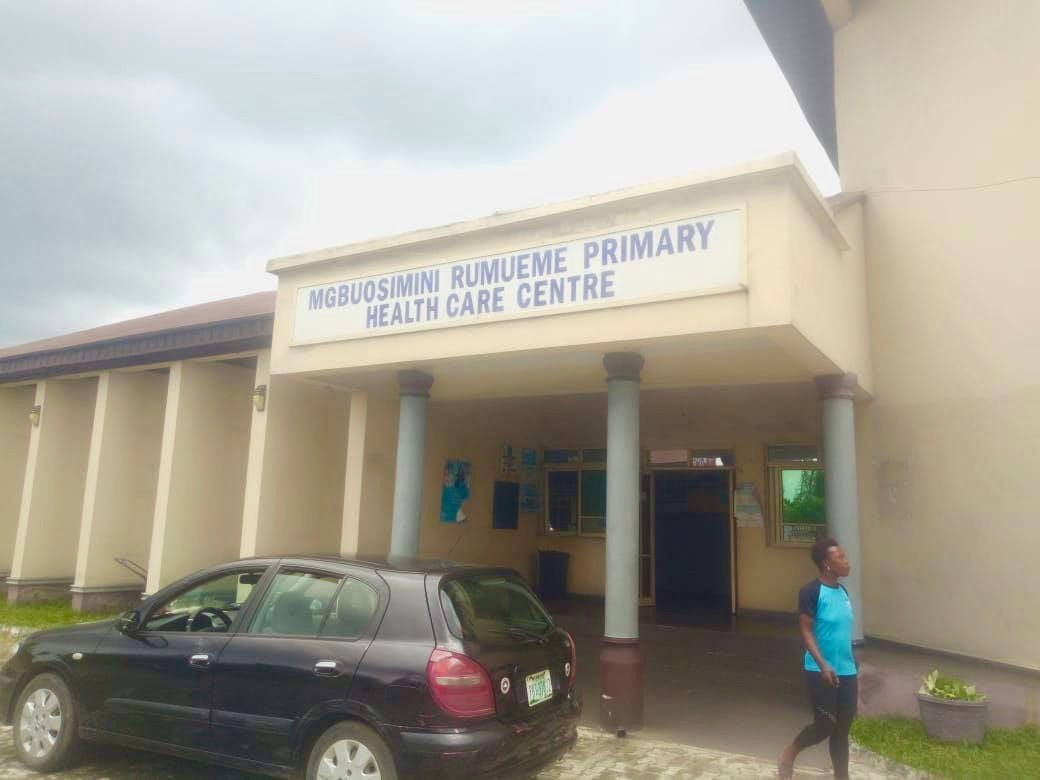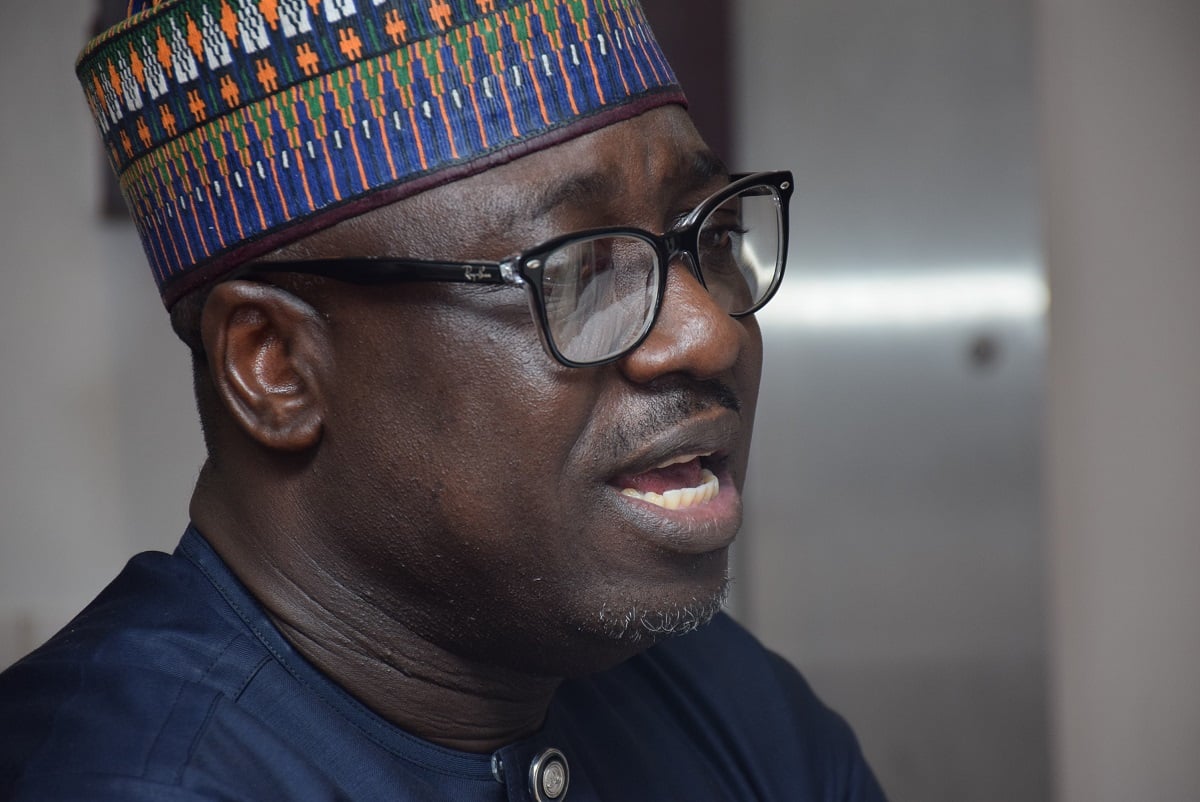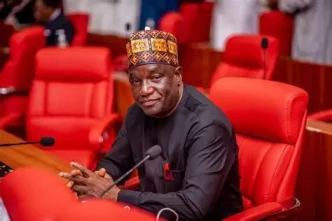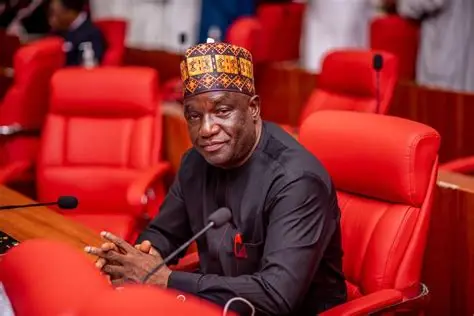Mgbuoshimini PHC building
The National Orientation Agency (NOA) says Nigeria’s health sector is experiencing a “silent revolution due to far-reaching reforms, massive investments and unprecedented intergovernmental collaboration”.
In the latest edition of The Explainer, its weekly publication, the agency said the health sector reforms have been so impactful that they secured the international community’s attention.
“In acknowledgment of his health reform initiatives, African Union (AU) in 2024 named President Bola Ahmed Tinubu as AU Champion for Human Resources for Health and Community Delivery Partnership,” the publication reads.
“In the same vein, the Time Magazine this year named the driver of President Tinubu administration’s health reforms, Prof Ali Pate, the Minister of Health and Social Welfare,
as one of the 100 Most Influential People in Health Worldwide. Pate was honoured for revitalising the primary healthcare system of the federal government, expanding community health workforces, scaling up maternal and child health services and promoting local production of health commodities.”
Advertisement
According to the NOA, Pate, who has overseen the rollout of the administration’s flagship health reforms, said more than 500 projects have been executed in 61 federal tertiary hospitals in just two years.
“This is a bold shift from rhetoric to action in Nigeria’s healthcare delivery. The transformation is revitalising the primary healthcare system, expanding community health workforces, scaling up maternal and child health services and promoting local production of health commodities,” he said.
NOA added that a major driver of the changes is the Nigerian health sector reinvigoration investment programme.
Advertisement
“It is a strategic blueprint initiated by the federal government to improve population health outcomes through a vibrant primary healthcare system to enhance reproductive, maternal and child health services in the country,” the organisation said.
According to the agency, the programme is not only constructing new facilities but also retraining health workers, raising the number of existing PHCs nationwide from 8,809 to over 17,600 at the end of 2027, and doubling the enrolment capacity of accredited nursing and midwifery institutions to meet imminent demand.
The agency also highlighted gains in preventive care, highlighting the national rollout of the human papillomavirus (HPV) vaccines, which targeted girls from nine to fourteen years, with 14 million vaccinated and the treatment of 1,600 women under the Fistula-Free Programme alongside free caesarean sections for 4,000 women.
Lanre Issa-Onilu, NOA director-general, said these interventions are not just about infrastructure, but about “building an integrated, efficient and self-reliant health system that delivers for every Nigerian, regardless of location or income”.
Advertisement










